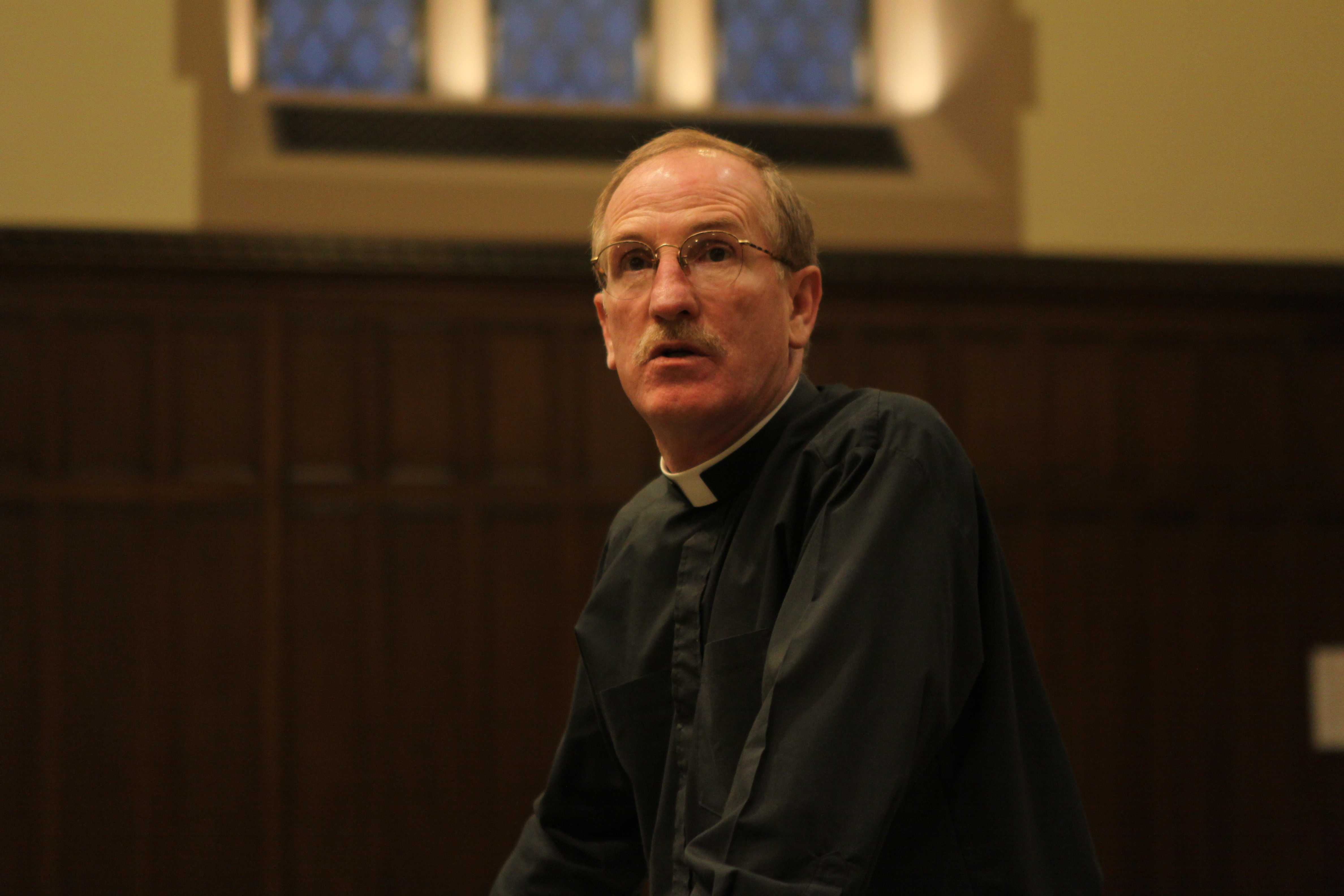
By Joe Esposito
The Continuous University Strategic Planning (CUSP) Committee sent out a survey on Wednesday, gauging students’ thoughts on Fordham’s successes and what they feel Fordham should be doing in its future. While the survey results themselves are anonymous, students have the opportunity to self-nominate themselves at the end of the survey to a student planning body that will be initiated next year.
The survey focuses on a strategic framework that includes six goal areas that the university has set as part of its strategic planning. In the survey, students are given a brief summary of the six goal areas which Fordham is seeking to strengthen: contemporary teaching and learning infused with ethics and justice, strategically focused research, the inspiration and challenge of New York City, a global perspective, a diverse and inclusive community and a strategic and agile institution.
Then, they’re asked to detail what they think Fordham does well and should continue doing, and what they think Fordham should be doing in the next five to 10 years. Students are also able to write in their own unique responses to these questions.
Patrick Hornbeck, associate professor of theology, has co-chaired the CUSP committee since 2015. He said students gave feedback in the 2015-2016 academic year on a draft of the Strategic Framework, but that this is a new opportunity to gain student feedback.
“I know that students have served on the strategic planning committees of a number of the university’s schools and colleges, but this is a new way for students to register their ideas about what the items in the Strategic Framework mean to them,” he said.
The university conducts continuous strategic planning in order to effectively examine and respond to the various changes in Fordham’s environment, according to the university’s website. The university set down goals in its Strategic Framework, while the CUSP committee advances these goals.
The results of the survey will be gathered, analyzed and then reported back to the CUSP committee, the university president, the cabinet and the board of trustees, according to Virginia Roach, Ed.D., dean of Graduate School of Education. Roach is a member of the student engagement committee, a subcommittee of the CUSP committee.
Roach said university leaders are interested in student views.
“I think the leaders of the University, the President and the Board of Trustees are very committed to being responsive to the student population,” she said. “I think they look to our students as the future leaders, not only of Fordham, but also the world.”
Hornbeck said the survey will help the committee flesh out concrete steps for strategic planning priorities.
“This survey will provide the CUSP committee members with an opportunity to hear what students think about the major priorities that the University has set out, as well as to learn from students what concrete steps we should take as we implement those priorities,” he said
Roach said it is important students give feedback since Fordham’s reputation will affect its reputation.
“I strongly encourage students to respond to this survey because I firmly believe their academic reputation is inextricably intertwined with Fordham’s future,” she said. “It behooves them to invest in that future with their great ideas.”
Frank LaGumina Jr., GSB ’20 plans to fill out the survey.
“I think it is really important that the CUSP Committee gathers and listens to student feedback, both positive and negative, regarding ideas for what we as students think can be added or improved upon and what Fordham should continue doing well,” he said.







































































































































































































